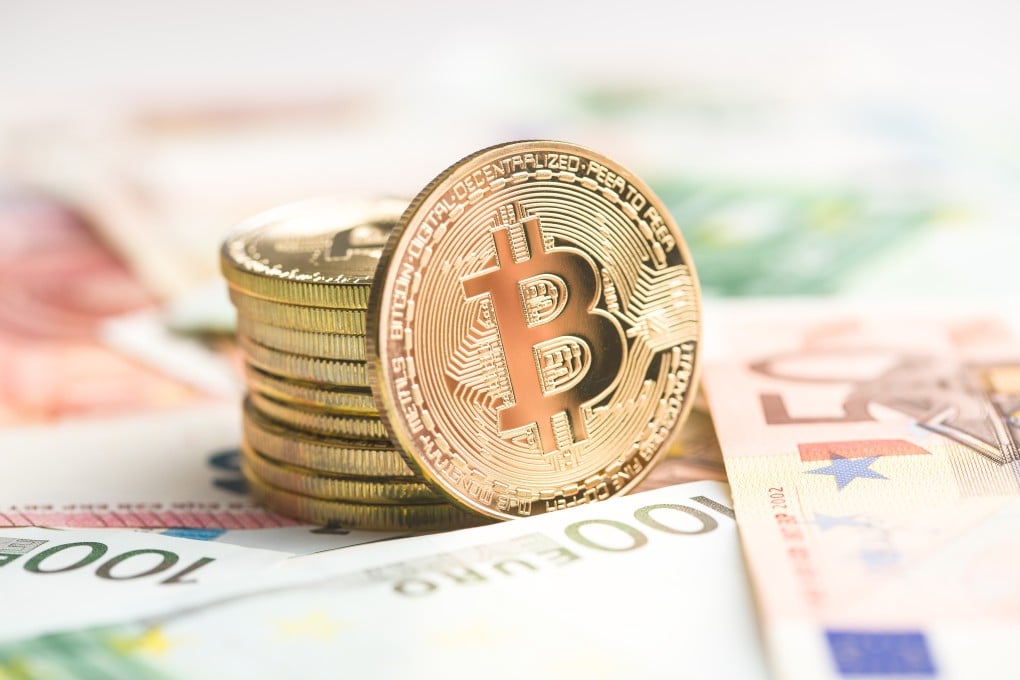Hong Kong bans retail trading of digital currencies, requires crypto exchanges to be licensed in crackdown on fraud, money-laundering
- The new regulations, if they get the green light, promise to bring the curtain down on an era of largely unregulated cryptocurrency trading in the city
- Industry players expect the stricter licensing regime will lead to consolidation as some exchange platform providers exit the local market

The government planned to release a consultation paper on Tuesday afternoon to collect views on the proposed new rules, which aim to offer investors better protection by combating fraud and money laundering, said Christopher Hui Ching-yu, the Secretary for Financial Services and the Treasury.
The new regulations will cover all types of virtual assets’ trading platforms operating in Hong Kong, as well as overseas platforms targeting local investors.
“Simply speaking, we will require all virtual-asset trading platforms to be operating transparently, like working under the sunlight. Under the proposed new regulatory regime, they must fit in with the licensing requirements of the SFC and must follow all the investor-protection and anti money-laundering regulation,” Hui said on Tuesday in a statement disclosing the plans on the website of his bureau.

Also in October, OKEx, a Malta-based crypto-exchange with operations in Hong Kong, disclosed that it had to suspend all its customers’ cryptocurrency withdrawals. The suspension came after the exchange’s founder, Xu Mingxing – also known as Star – who reportedly holds the private key to clients’ crypto assets, had been absent from work and was reportedly under investigation by mainland Chinese police.